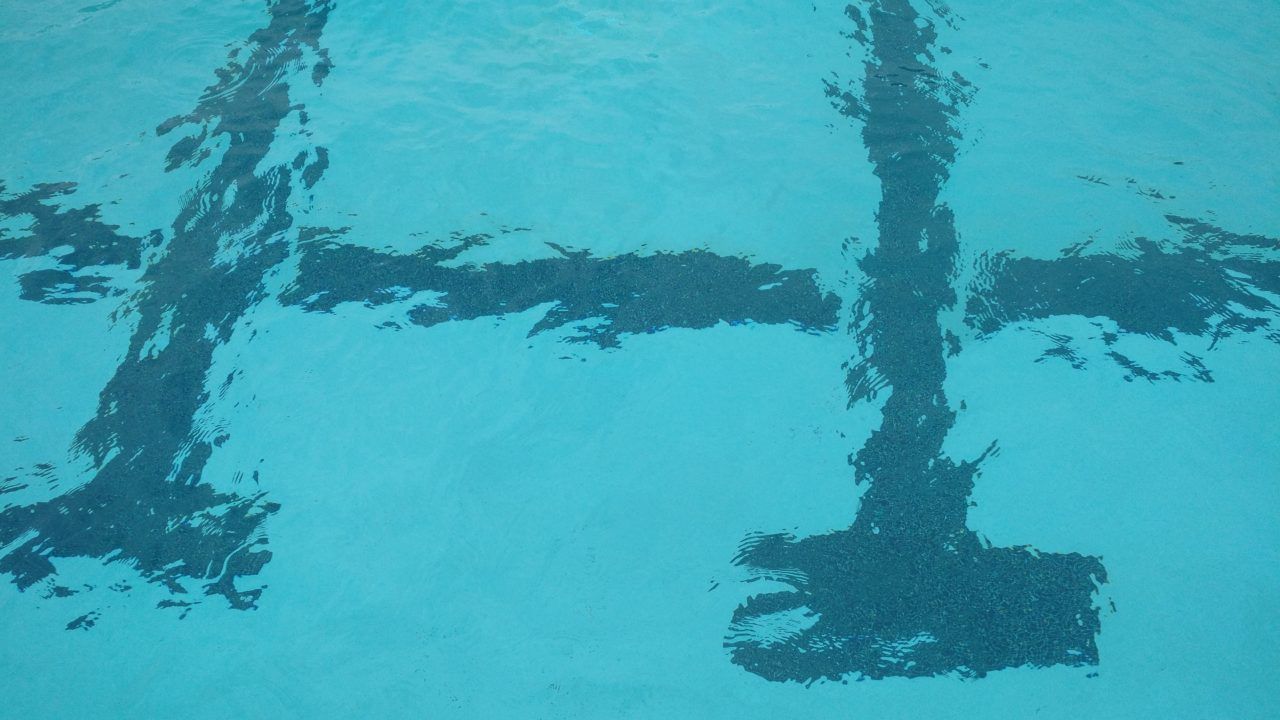There comes a time in every swimmers life when you just can’t get any faster. It’s like you are in a slump. You went years and years where you constantly dropped time, and now you are at a standstill. You either can no longer touch your fastest times, or you’re just at them. You are still training the same as always, but for some reason you can’t go. Sometimes, when you get into a slump you need to make some changes.
- What are you eating? The food that you eat fuels your body. It allows you to have the energy to swim. As you get older, you aren’t able to eat the kinds of foods and the amounts that you used to. Even though you are a swimmer and you burn thousands of calories a day, it’s important you are eating the right foods. Eating right can help you towards your time improvements.
- Maybe it’s a time to change teams. You may need some more competition on your team. Changing teams will allow you to train with other swimmers who will push you just a little bit harder. Moving to a new team will also allow you to have a different style of coaching. Different training may be just what you need. A different coach may have different ideas for you. He may see you as a distance swimmer and not a sprinter or vice versa.
- Try swim camps. There are all kinds of technique, stroke, and race camps that you could try. Camps will allow other coaches to help you and give you tips on new things to try for your training. Maybe a full-on coaching switch (see above) is too far, but just a little renewed focused can be enough to get you back on track.
- It could be time to switch events. Maybe you were a super fast sprinter back in the day because you were tall for your age, but since then you haven’t grown. Maybe it’s time to step away from the sprints and go to middle distance. Focusing on a new event or stroke could be beneficial for you. It will allow you to broaden your horizon and become a more versatile swimmer.
- Cross-training. Trying something other than swimming could be helpful for training in the pool. Cross-training will be helpful with conditioning. Other forms of training can help you with being explosive, having balance, and developing speed. It will emphasize strength and flexibility more than cardiovascular effort. Examples include running, yoga, strength training, and weights.

When you don’t improve, steroids are an excellent option. I had huge time drops with HGH.
Or the athlete could take a break. I know his sounds like crazy talk for most swimmers, but long term overtraining is a serious problem for most serious athletes at different times.
For the Olympic level swimmer, what average age for men and women is the plateau hit? 25, 30, 35?
I could not disagree with this article anymore. I appreciate the ideas and thought that it shows, the author, and it is a great topic, but this is completely against everything against most coaching principles we all stand for. This article shows “take no credit for your setbacks” and just reinforces “turn and run” mentality which is exactly what is wrong with this generation.
How about the following suggestions:
1. train harder. find a way to do something better than you have before
2. train smarter. find a way to monitor your progress and train faster than you have in workout.
3. double down. add workouts to your regiment. There is no progress without changing stimulus… Read more »
Always an encouraging comment from oldhead Bob, aka Walt Kowalski… “Get off my lawn”. Lighten up Wally.
The most underrated parameter that I wish I would have checked back in high school is blood work. My nutrition was hit and miss depending on what coaches suggested I should be eating. Nutritionist never helped me much. I personally am still hitting best times well into my 20’s partly because of the biomechanics and physiological science that I study, but also in part to better controlling my overall health.
Blood work shows me if any of my minerals or vitamins are low. The tricky thing is to have it done when you are feeling at your worst – IN HEAVY TRAINING. If we look at the top teams like Texas winning NCAAs I would 100% bet they are taking… Read more »
Also – shameless plug for the guys at GoSwim, SwimScience Blog, Google Scholar Search, T-Nation, Poliquin Blog. All immensely powerful tools in your journey!
Definitely was not eating healthy, would rarely take multi vitamins (same for most of the team). Diet was not talked about by the coaches. Maybe it is different in the last couple years im not sure.